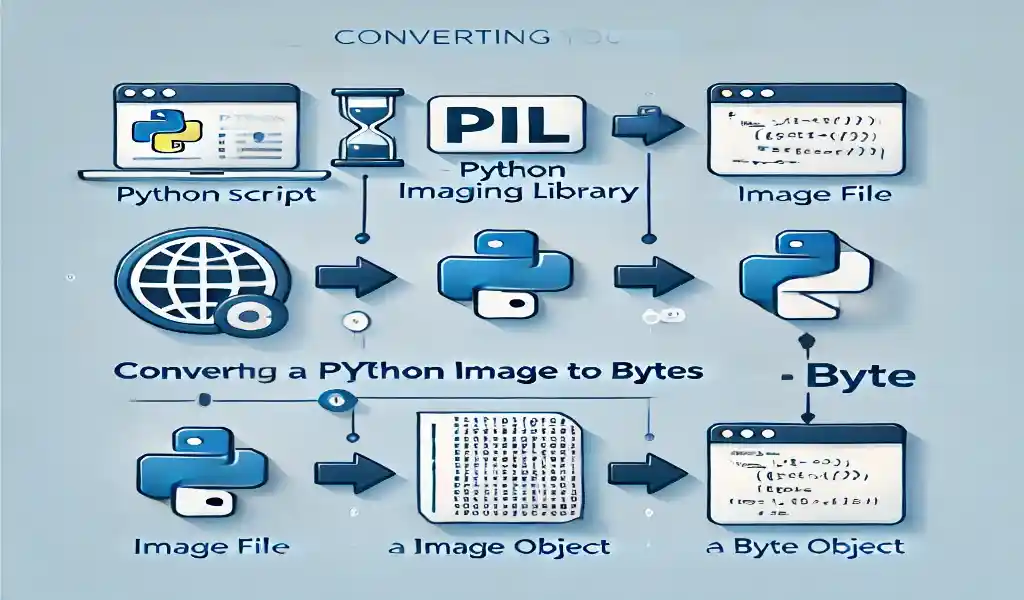Rust is a contemporary programming language that has been praised by its focus on security efficiency, speed, and the ability to work in a concurrent manner. Created through Mozilla Research, Rust has been gaining a significant amount of attention and popularity among the software development industry because of its distinct characteristics and benefits. We’ll take a look at Rust as well as the motives behind its increasing popularity.
What Is Rust?
Rust is a system programming language developed to focus on providing the highest performance as well as security. It first came out in 2010 and since then has transformed into a highly efficient program that is focused on avoiding common programming errors like null pointer dereferencing as well as data race.
Key aspects of Rust:
- Memory Security: The most prominent feature of Rust is its emphasis on security of memory. Rust’s ownership system enforces strict rules regarding the way memory is used and handled. This helps avoid issues like floating pointers or buffer overflows and buffer overflows, both of which are prevalent in language like C as well as C++.
- Zero-Cost Abstractions Rust can provide high-level abstractions that do not compromise the performance. The abstractions it provides, like closures and iterators, are created to be as efficient in writing code of low-level complexity but still ensuring readability and security.
- Concurrency Rust allows you to create concurrent programs that do not suffer from the risk of data race. The type and ownership systems warrant that access to concurrent information is protected and managed and secure, a requirement to modern multi-core processors.
- Immutability By Default: Variables in Rust are immutable on default, resulting in better security and a more reliable programming. Developers should explicitly mark variables to be mutable, thus reducing the chance of accidental modifications.
- Error Handling Rust employs a robust typology system for handling errors using the
resultsas well asOptionstypes. This method encourages the an explicit handling of mistakes and helps avoid common errors that are associated with errors.
Why Is Rust So Popular?
- Speed: Rust is designed to run as fast as C as well as C++ while providing additional safety functions. Rust’s speed is appropriate for programming at the system level gaming, games development, and other applications that require high-efficiency.
- Security and Reliability Rust’s concentration on stopping bugs that affect memory and providing secure concurrency make it a solid selection for the most critical of applications. The emphasis on security is a draw for people working on mission-critical applications.
- Modern tooling: Rust comes with a full toolbox, which includes an Cargo package manager as well as the build system, which helps with the management of dependencies and projects. The Rust compiler gives precise and useful warnings for errors to aid during the process of developing.
- Expanding Ecosystem It is evident that the Rust ecosystem is growing rapidly and is gaining momentum with the addition of frameworks, libraries, as well as community-based contributions. The community’s active and helpful helps to assure its continued growth and development as well as its adoption.
- Acceptance by Large Companies: Rust has been adopted by several major corporations such as Mozilla, Microsoft, and Amazon in a variety of initiatives. Use in projects with high profile as well as the support of powerful organizations boost its trust and its visibility.
- Learning Curve and Community Support Rust’s curve of learning is easy to manage, and the Rust community has a reputation for being friendly and welcoming. Tools like The Rust Book and online forums benefit novices get their feet wet and resolve difficulties efficaciously.
The blend of speed, security as well as modern technology has led to it becoming a preferred selection for programmers. Its primary focus is on preventing the most common programming mistakes while also delivering efficient performance appeals to an array of programs, starting from system programming through web development.



